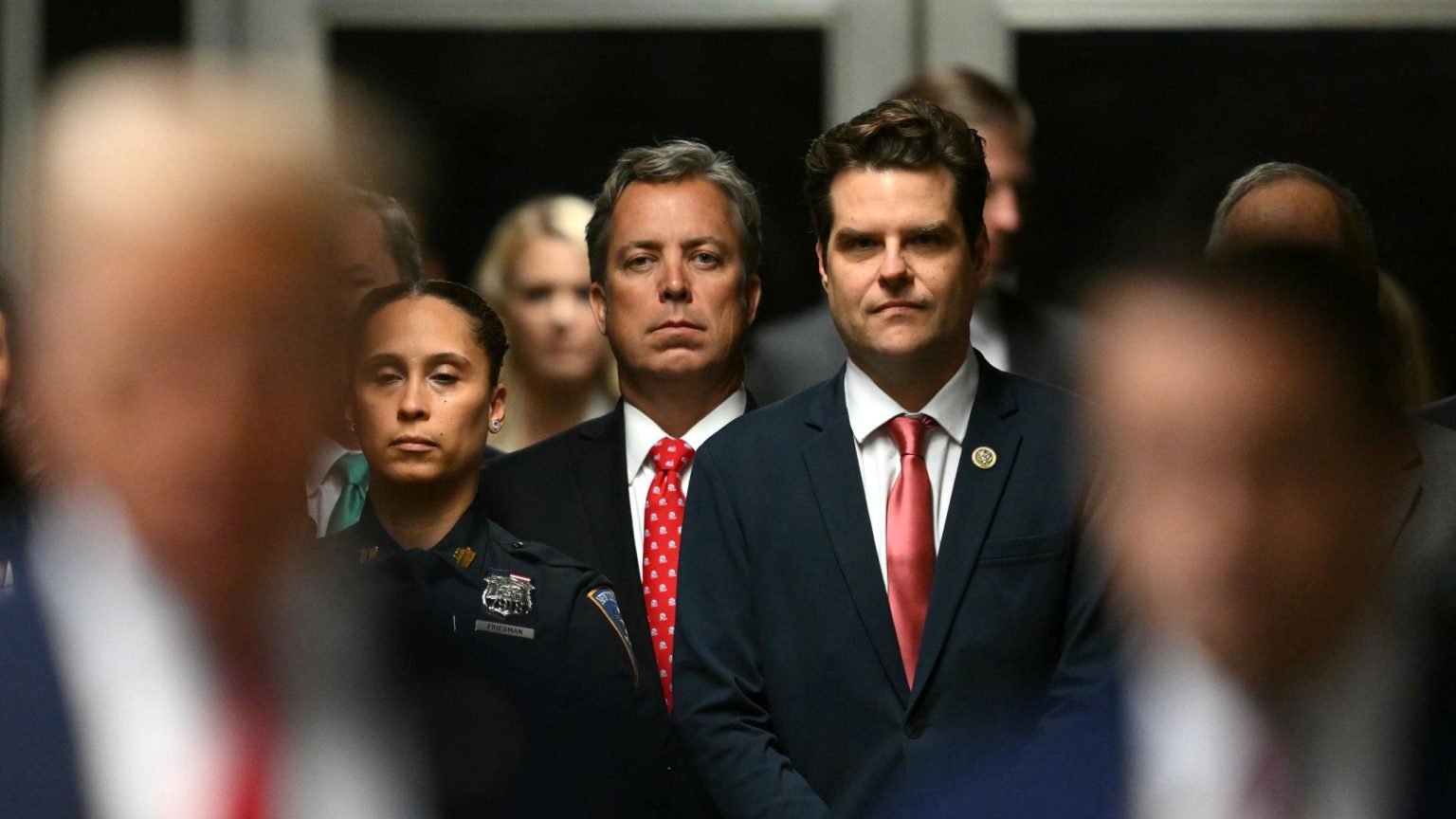Trump Transition and Political Landscape
Former President Trump remains a significant force in American politics, impacting the current administration and shaping the upcoming political landscape. He continues to make ambassadorial appointments, most recently naming Herschel Walker and Nicole McGraw to undisclosed positions. This move comes with a warning to GOP senators, adding an element of intrigue to the transition process. Trump ally Pete Hegseth claims he hasn’t heard from West Point since an employee "error" reportedly denied his acceptance, raising questions about the nature of the incident and its potential political implications. Farm state Republicans express skepticism about Robert F. Kennedy Jr.’s nomination for HHS Secretary, citing policy disagreements despite assurances from Kennedy regarding his stance on abortion and farming regulations. This highlights the challenges faced by the administration in securing confirmation for key nominees. Finally, a prominent Trump ally has publicly opposed the massive emergency spending plan currently under consideration, signaling potential intra-party divisions and complicating the legislative process.
Government Funding and Budgetary Concerns
Congress has unveiled a bill aimed at averting a government shutdown, allocating over $100 billion in disaster aid alongside other funding priorities. This comes amidst contentious debates over spending and budget allocation. Republican lawmakers have criticized the spending bill, while House Speaker Mike Johnson defended its necessity. Representative Thomas Massie has vocally opposed foreign aid, using colorful analogies to express his disapproval. The bill also includes funding for the Baltimore Key Bridge rebuild, a provision that has drawn scrutiny. Furthermore, lawmakers are exploring avenues for increased government efficiency following the first meeting of the "DOGE Caucus," suggesting a renewed focus on streamlining government operations. Senator Mike Lee is pursuing efforts to restrict welfare benefits for undocumented immigrants through budgetary processes, aligning with the "America First" policy platform. This focus on budgetary constraints and spending priorities underscores the ongoing fiscal challenges facing the nation.
Legal and Ethical Developments
The House Ethics Committee has voted to release its report on former Representative Matt Gaetz, which investigated allegations of sex trafficking and drug use. This decision follows Gaetz’s resignation from Congress and his subsequent appointment as attorney general by President-elect Trump. The Supreme Court is also set to address a challenge to the TikTok ban, a significant case with implications for national security and free speech. In another legal development, a Montana judge has temporarily blocked rules preventing transgender individuals from changing their sex on state documents, adding to the ongoing legal battles surrounding transgender rights. Meanwhile, the defense attorney for the suspect in the murder of UnitedHealthcare CEO suggests the most serious charge against their client could be downgraded, introducing a new twist to this high-profile case. These legal and ethical proceedings highlight the complex interplay of law, politics, and individual rights.
Domestic Policy and Social Issues
The Biden administration continues to face challenges on multiple fronts. West Virginia Democrats criticize the president’s pardon choices, comparing them to actions they would expect from the Trump administration. Energy industry leaders have also expressed strong disapproval of a Biden administration report on natural gas exports, labeling it as "wrong-headed." The EPA’s decision to grant California permission to ban new gas car sales by 2035 has further fueled debate about environmental regulations and states’ rights. Several red states are pursuing legal action against the Biden administration’s handling of the border wall, characterizing it as a "pattern of disregard." These ongoing disputes reflect deep divisions on key policy issues.
National Security and International Relations
National security concerns are also prominent in the current political climate. A last-minute government funding extension includes the renewal of counter-drone authority and provisions for addressing China’s actions. The sighting of drones over Camp Pendleton in California, while deemed non-threatening, underscores the increasing prevalence of drone technology and its potential security implications. Former President Trump has suggested that US subsidies to Canada are illogical and hinted at the possibility of Canada joining the United States, a provocative statement with potential ramifications for international relations. The FBI has issued warnings to New Jersey residents against shooting down drones or pointing lasers at aircraft, further highlighting concerns about drone activity and public safety.
Political Dynamics and Public Opinion
Recent polling data indicates that President Biden’s approval rating has reached an all-time low, while former President Trump’s numbers have risen. This shift in public opinion reflects the ongoing political polarization and the challenges faced by the current administration. The chair frontrunner of the Democratic Party has acknowledged the party’s current struggles, admitting they are "getting their butts kicked right now." Florida Governor Ron DeSantis has criticized perceived media bias in coverage of his immigration policies, citing Florida’s economic growth as evidence of his administration’s success. Meanwhile, some lawmakers are preparing legislation to name several heartland highways after former President Trump, a move likely to generate both support and opposition. These political developments demonstrate the dynamic nature of public opinion and the ongoing struggle for political dominance.

